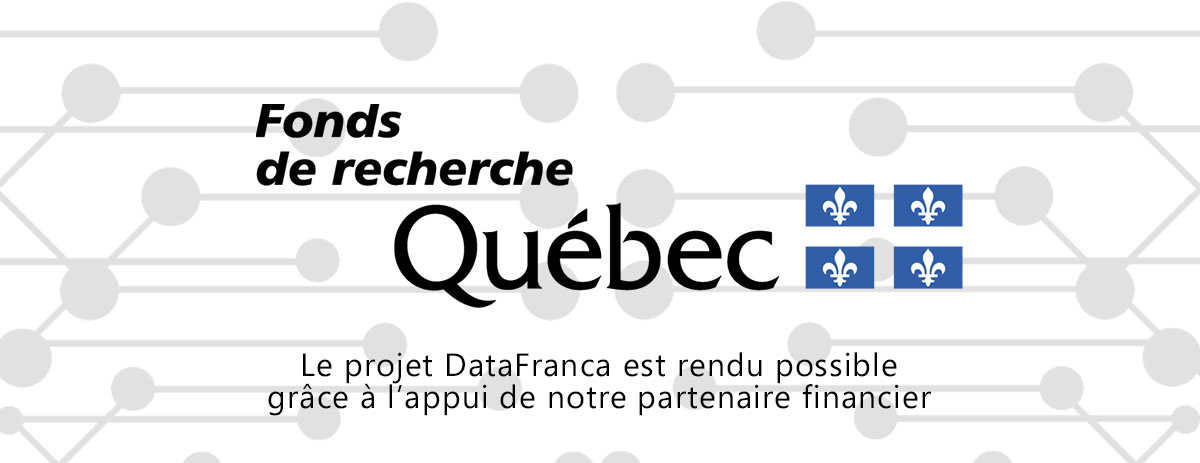« Modus tollens » : différence entre les versions
m (Remplacement de texte — « Termes privilégiés » par « Français ») |
Aucun résumé des modifications Balise : Éditeur de wikicode 2017 |
||
| Ligne 16 : | Ligne 16 : | ||
== Anglais == | == Anglais == | ||
''' Modus tollens ''' | |||
n propositional logic, modus tollens[1][2][3][4] (or modus tollendo tollens and also denying the consequent)[5] (Latin for "the way that denies by denying")[6] is a valid argument form and a rule of inference. It is an application of the general truth that if a statement is true, then so is its contra-positive. | n propositional logic, modus tollens[1][2][3][4] (or modus tollendo tollens and also denying the consequent)[5] (Latin for "the way that denies by denying")[6] is a valid argument form and a rule of inference. It is an application of the general truth that if a statement is true, then so is its contra-positive. | ||
Version du 28 avril 2019 à 11:17
Domaine
Définition
Français
Anglais
Modus tollens
n propositional logic, modus tollens[1][2][3][4] (or modus tollendo tollens and also denying the consequent)[5] (Latin for "the way that denies by denying")[6] is a valid argument form and a rule of inference. It is an application of the general truth that if a statement is true, then so is its contra-positive.
The first to explicitly describe the argument form modus tollens were the Stoics.[7]
The inference rule modus tollens validates the inference from P {\displaystyle P} P implies Q {\displaystyle Q} Q and the contradictory of Q {\displaystyle Q} Q to the contradictory of P {\displaystyle P} P.
Contributeurs: Claude Coulombe, Jacques Barolet, wiki










